Related projects & activities
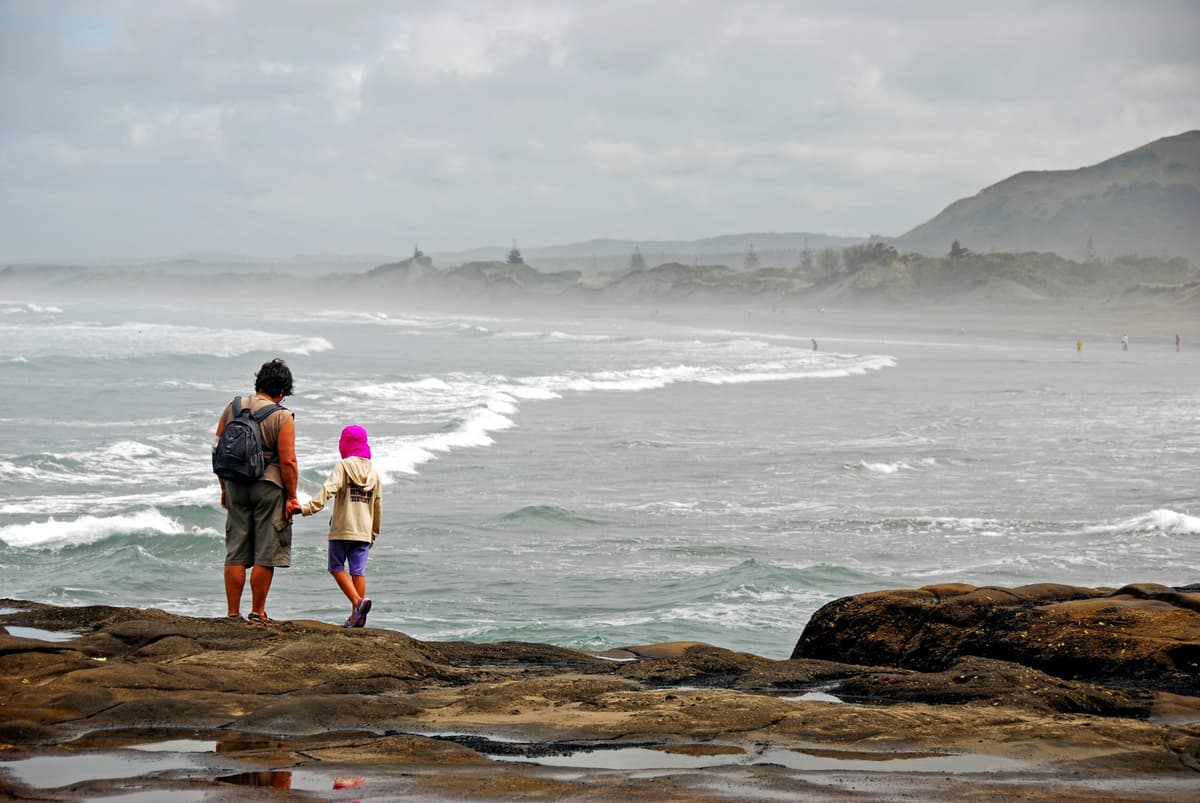
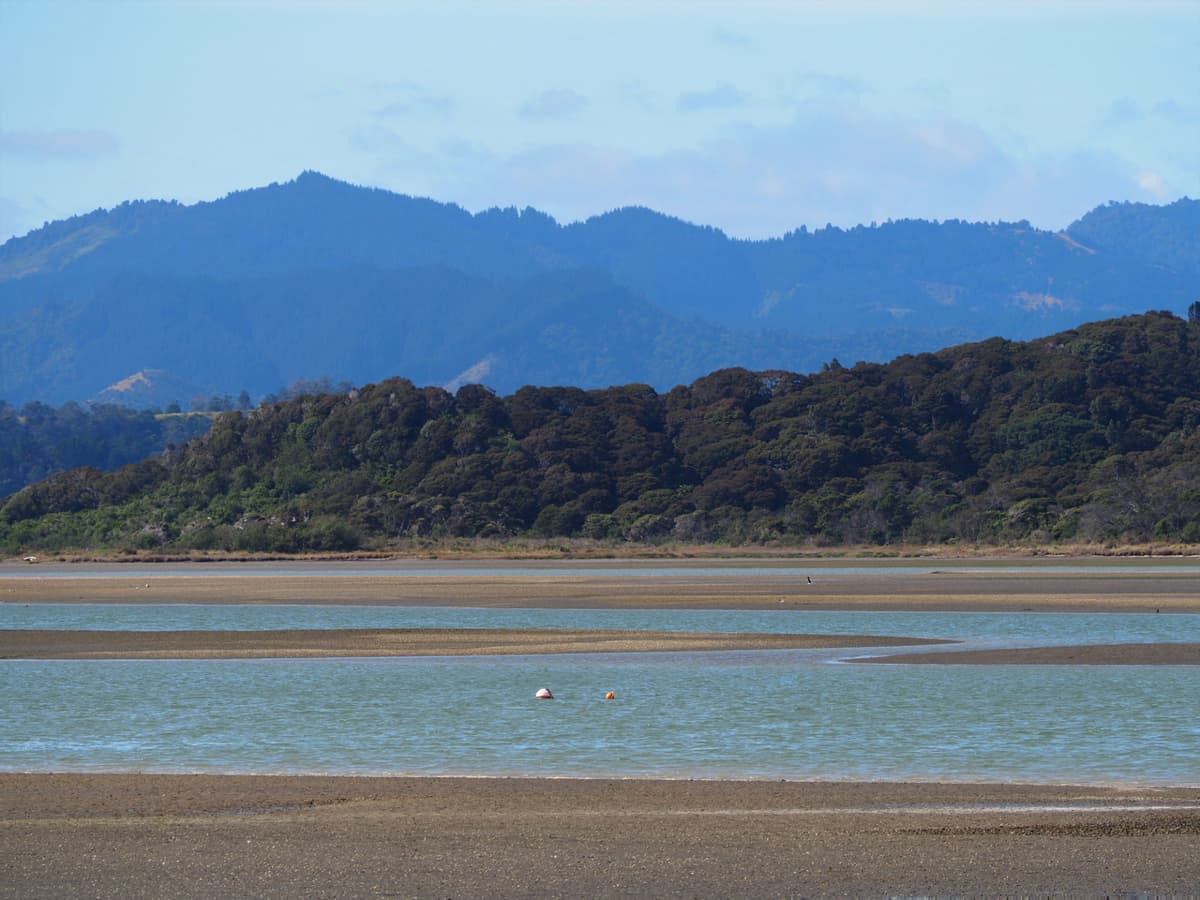


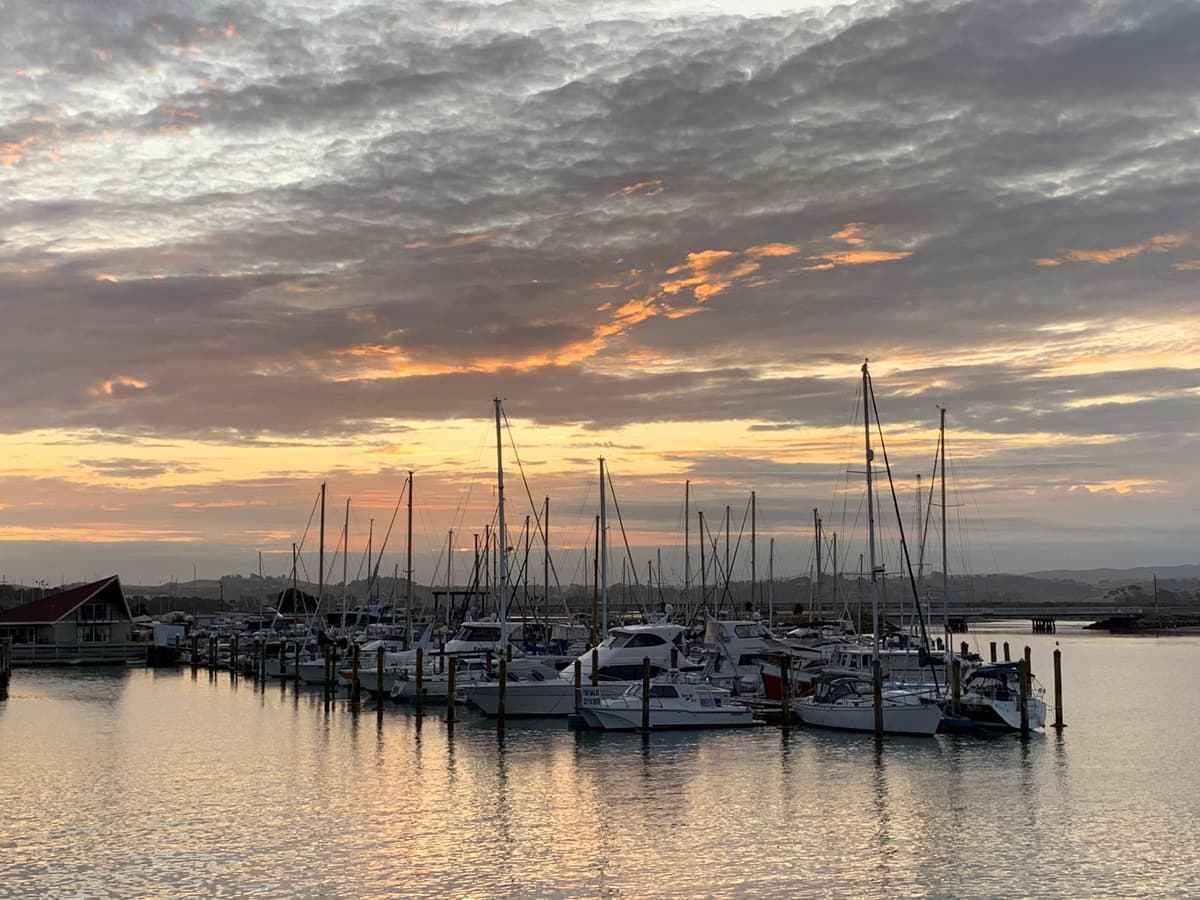
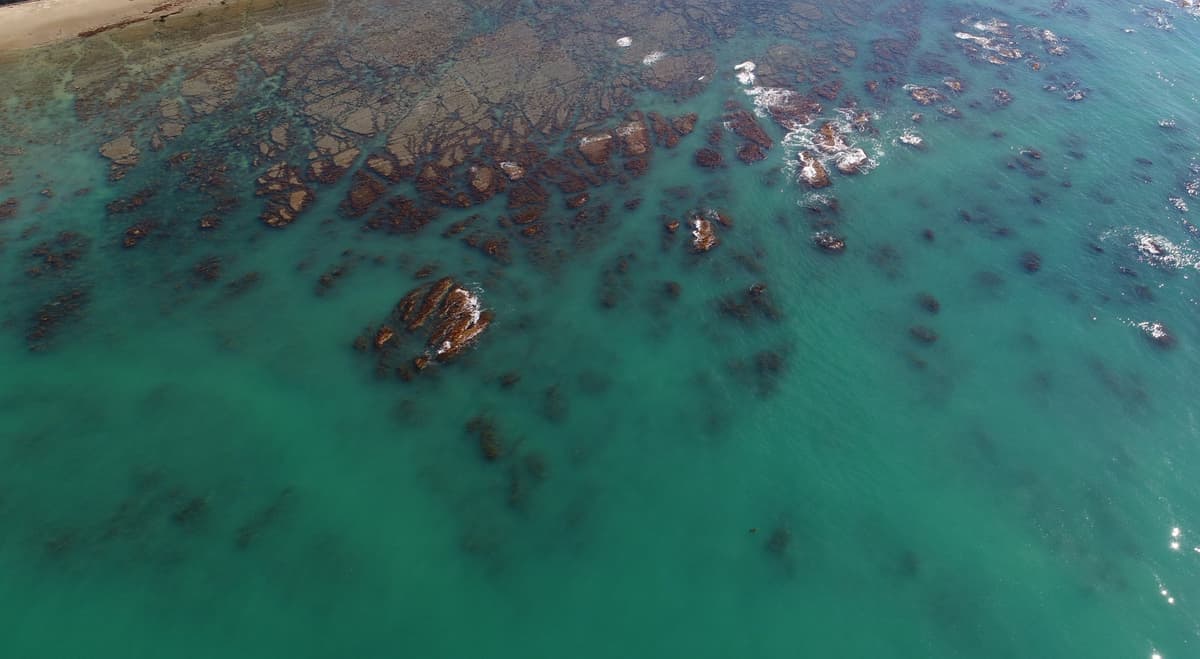
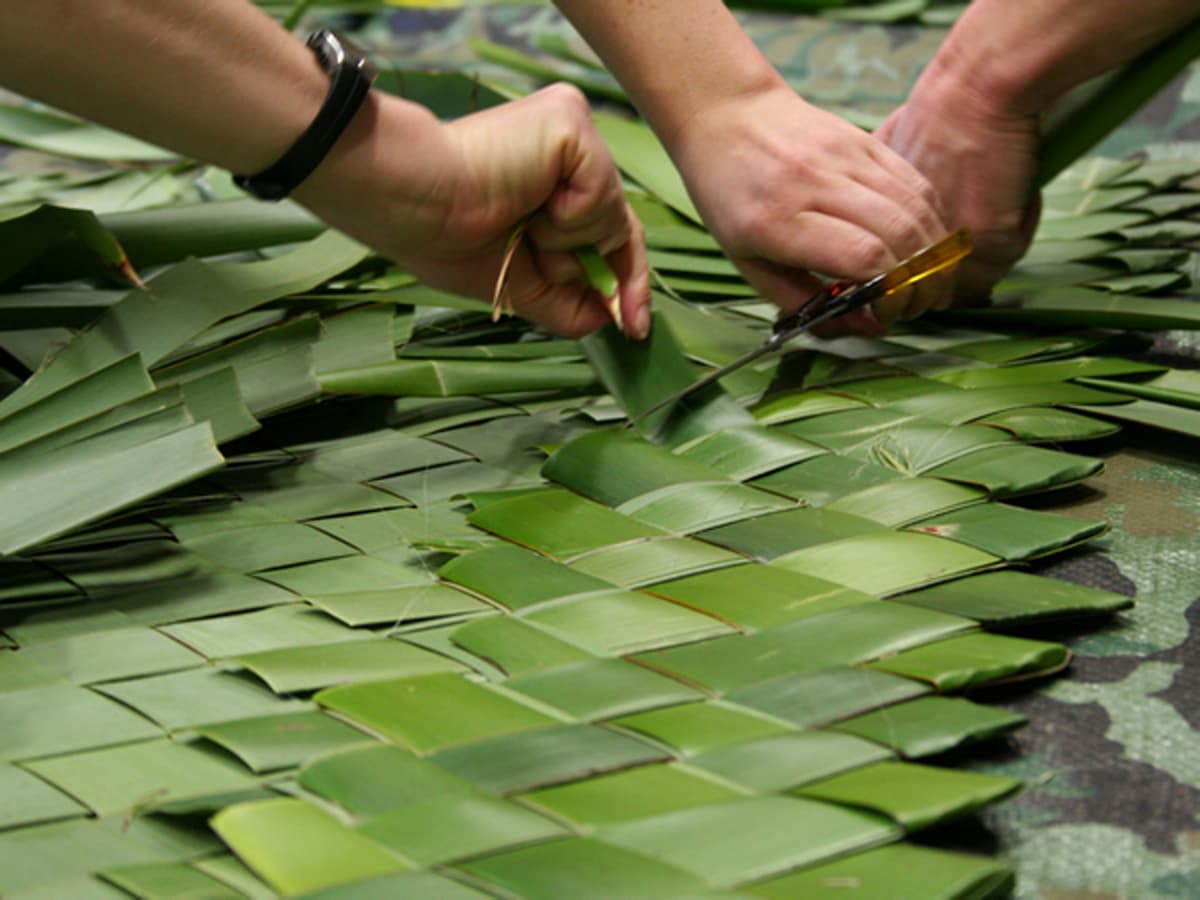

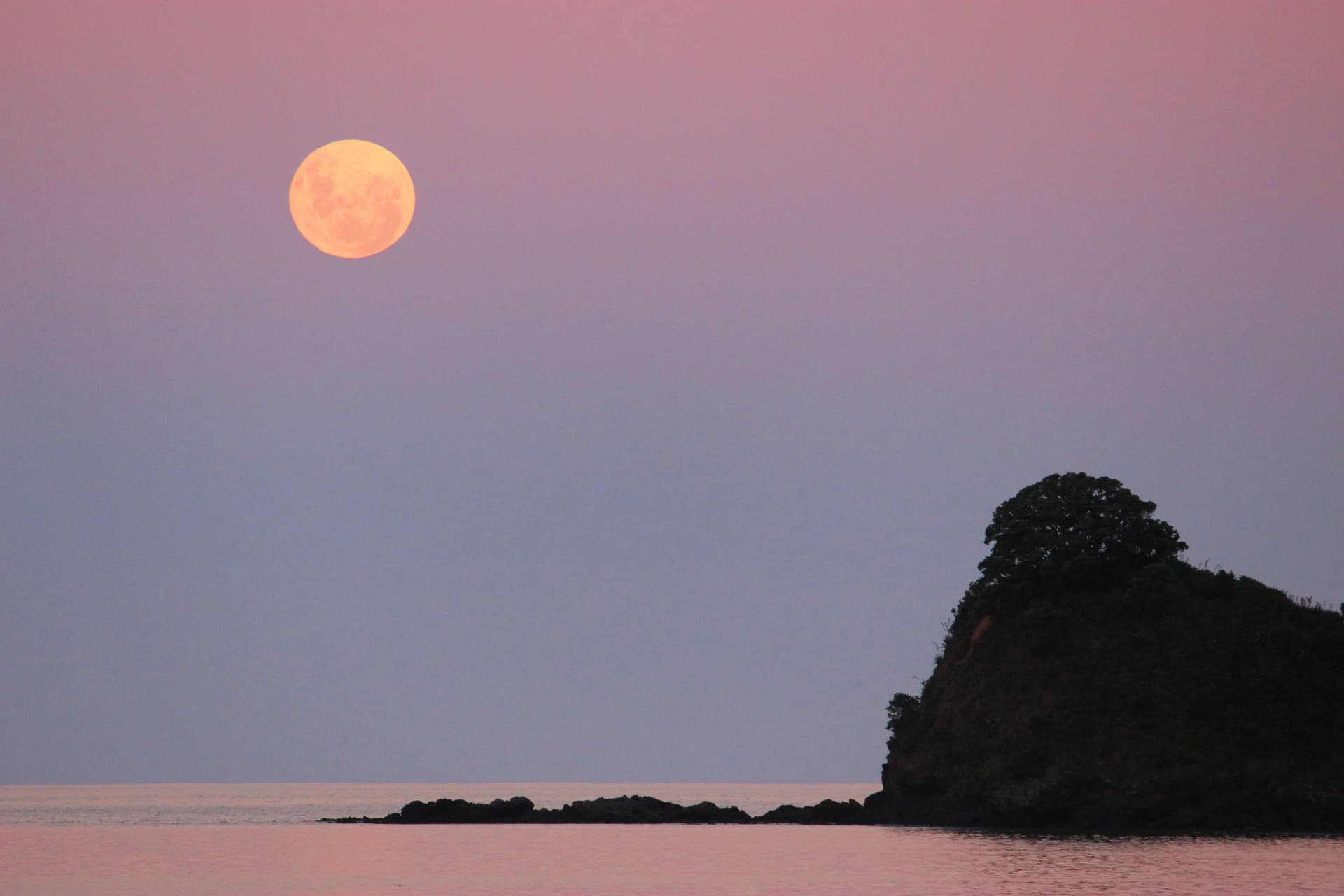
We are investigating maramataka (Māori lunar calendars) as a framework to develop cultural coastal indicators to inform marine monitoring practices.
| Project Leader | Duration | Budget |
|---|---|---|
| Waiaria Rameka (Manaaki Te Awanui) & Caine Taiapa (Manaaki Te Awanui) | April 2020 – June 2023 | $580,900 |
Māori lunar calendars, or maramataka, are an ancient knowledge system developed over many millennia though an intimate connection with the environment. Maramataka are a natural timekeeping system that use the movement of the moon through any given month or season to determine appropriate times for various customary activities. Although maramataka are not as widely applied today, the knowledge and practices surrounding lunar calendars have been preserved in indigenous communities across the Pacific.
In Aotearoa, maramataka are still applied by indigenous practitioners to inform interaction with the environment and guide ecosystem management practices. The cultural marine and coastal seascapes of Aotearoa have undergone rapid ecosystem change. Understanding the extent of change and the associated impact to social, economic and cultural well-being is critical to effective implementation of ecosystem-based management (EBM).
One of the principles of EBM for Aotearoa is that it is ‘knowledge-based’, meaning based on science and mātauranga Māori (Māori knowledge) and informed by community values and priorities.
This project addresses the need to reposition mātauranga Māori as an integral and vital knowledge system for understanding coastal ecosystems and informing knowledge-based EBM. Maramataka will be used as a tool to explore mātauranga Māori specific to coastal and marine ecosystems.
We are investigating 3 questions:
Ngā Tohu is set across three case study areas, Pākirikiri Wānanga – Tokomaru Bay, Ngātaki Collective – Ngāti Kuri, and Manaaki Te Awanui – Tauranga Moana.
Waiaria Remeka (Manaaki Te Awanui)
Caine Taiapa (Manaaki Te Awanui)
Kelly Ratana (Manaaki Te Awanui)
Te Rerekohu Tuterangiwhiu (Wheiao Whakaaro)
Karen Pewhairangai (Pākirikiri Wananga)
Rawinia Olsen-Kingi (Pākirikiri Wānanga)
Karauria Ratapu (Pākirikiri Wānanga)
Wayne Petera (Ngātaki Collective)
Ayani Ferens (Ngātaki Collective)
Phil Ross (University of Waikato)
This project has produced or contributed to:







